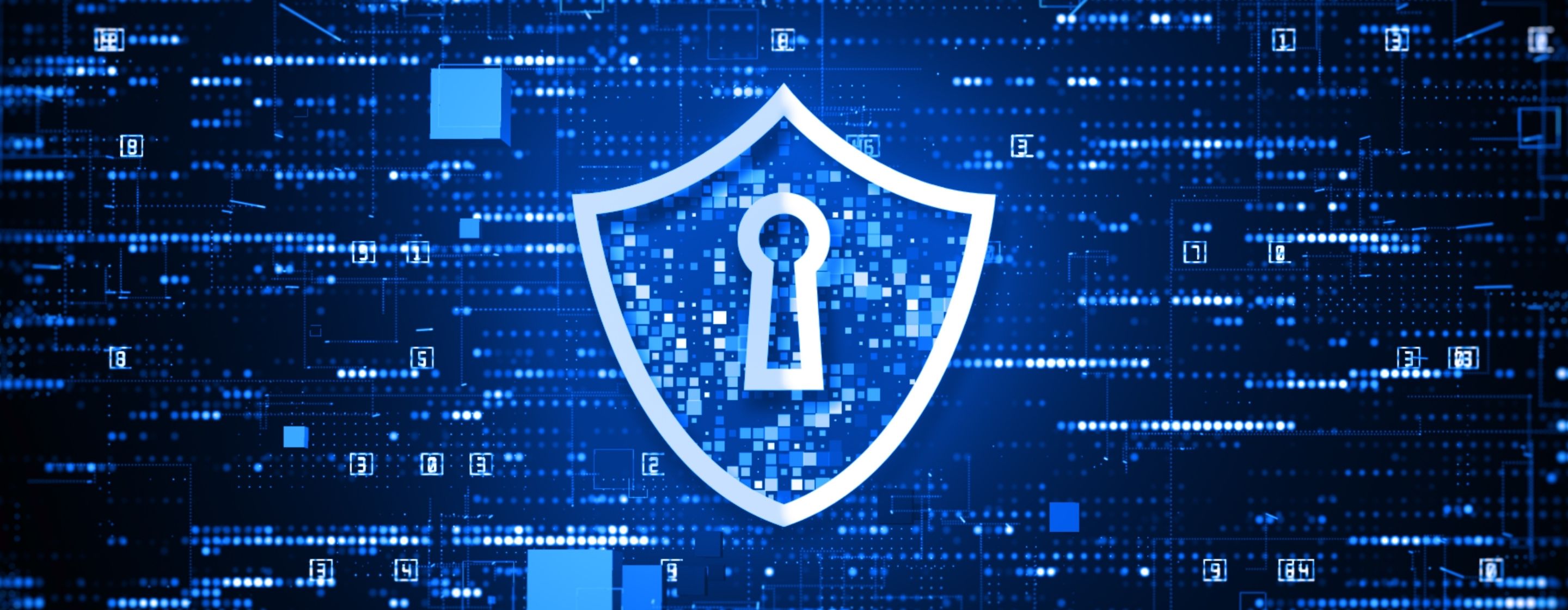ISO 27001 compliance signifies an organization's adherence to the globally recognized ISO/IEC 27001 standard. This standard provides a comprehensive framework for establishing, implementing, maintaining, and continually improving an Information Security Management System (ISMS). An ISMS is a strategic approach to managing sensitive information, ensuring its confidentiality, integrity, and availability. The ISO 27001 standard is applicable to organizations of all sizes and industries, offering a flexible framework that can be adapted to specific needs and risk profiles. The core of ISO 27001 compliance lies in its risk management approach. Organizations must identify and assess information security risks unique to their operations, implement appropriate controls to mitigate these risks, and ensure the ISMS evolves with changing circumstances. The standard covers 14 control categories in Annex A, including risk assessment, asset management, access control, physical and environmental security, operations security, business continuity management, and compliance. These controls provide a comprehensive toolkit for organizations to safeguard their information assets.

The Significance of ISO 27001 Compliance
In today's digital landscape, information security is a critical concern for every organization. ISO 27001 compliance holds substantial importance for multiple reasons.
Enhanced Security Posture
By following the ISO 27001 standard, organizations can confidently identify vulnerabilities and threats, implement appropriate controls, and continuously monitor and improve their security posture. This proactive approach reduces the likelihood and impact of security incidents, such as data breaches, which can result in significant financial losses, legal consequences, and reputational damage.
Credibility and Competitive Advantage
ISO 27001 certification serves as a powerful trust signal, demonstrating the organization's commitment to information security. In an era where data breaches frequently make headlines, customers, partners, and investors are increasingly concerned about how their data is handled. This certification can be a decisive factor in winning contracts, attracting investments, and building long-term customer relationships.
Regulatory Alignment
Many industries are subject to strict data protection laws, such as the General Data Protection Regulation (GDPR) in the European Union and the Health Insurance Portability and Accountability Act (HIPAA) in the United States. By implementing an ISMS in line with ISO 27001, organizations can more easily meet these regulatory obligations, avoiding costly fines and legal disputes.
Security Culture
ISO 27001 compliance fosters a security-conscious culture within the organization. When employees are aware of information security policies and practices, and understand their role in protecting organizational assets, they become an invaluable line of defense against security threats. Regular training and awareness programs ensure that everyone in the organization contributes to maintaining a secure environment.
The Necessity of ISO 27001 Compliance
Although ISO 27001 compliance is technically voluntary, there are numerous reasons why organizations find it necessary or highly beneficial to pursue certification.
Regulatory Requirements
In certain sectors, such as defense, government, or critical infrastructure, organizations may be required to comply with ISO 27001 to handle sensitive information. These regulatory mandates ensure that organizations meet specific security standards to protect critical data and infrastructure.
Client Expectations
Large enterprises often require their vendors and suppliers to demonstrate compliance with ISO 27001. This ensures that the entire supply chain adheres to high standards of information security, reducing the risk of data breaches occurring through third-party associations. Compliance with ISO 27001 can be a key factor in securing business relationships and contracts.
Risk Management
Organizations with high-risk operations or those handling sensitive information recognize the intrinsic value of ISO 27001 compliance. A single breach can have catastrophic consequences, leading to loss of customer trust, regulatory penalties, and operational disruptions. ISO 27001 compliance provides a robust framework to mitigate these risks and protect valuable information assets.
Strategic Business Advantage
Achieving ISO 27001 certification demonstrates an organization's commitment to information security and responsible data handling. This can differentiate the organization in the marketplace and attract security-conscious clients and partners. In an increasingly competitive business environment, compliance with internationally recognized standards like ISO 27001 can provide a significant advantage.
The ISO 27001 Implementation Process
Implementing ISO 27001 involves a structured, phased approach that requires careful planning, resource allocation, and commitment from all levels of the organization.
Planning and Scoping
The implementation process begins with defining the scope of the ISMS, setting objectives, and securing leadership commitment. This phase is crucial for establishing a clear direction and ensuring alignment with the organization's overall business goals. It involves identifying the boundaries of the ISMS, determining the information assets to be protected, and establishing the framework for the ISMS.
Risk Assessment
A comprehensive risk assessment is conducted to identify and evaluate information security risks. This involves analyzing organizational assets, potential threats, and vulnerabilities, and determining the likelihood and impact of security incidents. The risk assessment serves as the foundation for selecting appropriate controls to address these risks.
Control Implementation
Following the risk assessment, the organization implements the necessary controls from the 14 categories in Annex A of the ISO 27001 standard. These controls may include access control measures, encryption protocols, incident management procedures, and physical security safeguards, among others. The implementation phase requires thorough documentation of policies, procedures, and processes to demonstrate compliance with the standard.
Internal Audits
Internal audits are conducted to assess the effectiveness of the ISMS and identify any gaps or areas for improvement. These audits help ensure that the organization's security measures are functioning as intended and remain aligned with the requirements of ISO 27001. The findings from internal audits are used to make necessary adjustments and enhancements to the ISMS.
Certification Audit
Finally, a third-party certification audit is performed by an accredited certification body. The auditor evaluates the organization's ISMS against the ISO 27001 requirements and determines whether certification is granted. If certified, the organization receives an ISO 27001 certification certificate, which is valid for three years. During this period, the organization must undergo annual surveillance audits to maintain certification.
Conclusion
ISO 27001 compliance represents a comprehensive and strategic approach to information security in the digital age. It equips organizations with the necessary framework to identify, assess, and mitigate information security risks, while enhancing their credibility, competitive advantage, and compliance with legal and regulatory requirements. By achieving ISO 27001 certification, organizations demonstrate their commitment to protecting sensitive information and maintaining the trust of their stakeholders. In an increasingly interconnected and threat-prone digital landscape, ISO 27001 compliance is not merely a desirable goal but a fundamental necessity. It empowers organizations to navigate the complexities of information security, adapt to evolving threats, and build a resilient foundation for long-term success. As cyber threats continue to evolve and grow in sophistication, organizations that embrace ISO 27001 compliance will be better positioned to safeguard their information assets and thrive in the digital economy.
Frequently Asked Questions
A: ISO 27001 certification is generally voluntary. However, in certain industries or specific contractual situations, it may be required by regulators or clients. Even when not mandated, pursuing certification is highly beneficial for organizations seeking to strengthen their information security posture and demonstrate their commitment to data protection.
A: The duration of ISO 27001 implementation varies depending on factors such as the organization's size, complexity, existing security infrastructure, and resource availability. Generally, the process can take anywhere from 6 to 18 months. Smaller organizations with simpler operations may complete implementation more quickly, while larger, more complex enterprises may require a longer timeframe to fully establish and integrate an effective ISMS.
A: The cost of ISO 27001 certification depends on several factors, including the scope of the ISMS, the size of the organization, and the services of the certification body. Costs typically include expenses related to training, consulting, internal audits, and the certification audit itself. While there are initial investments required, the long-term benefits of enhanced security, reduced risk of breaches, and improved operational efficiency often outweigh the costs. Many organizations view ISO 27001 certification as a strategic investment that delivers significant returns in terms of risk mitigation and business growth.
A: Yes, ISO 27001 is applicable to organizations of all sizes, including small businesses. The standard's framework is flexible and can be tailored to fit the specific needs and risk profiles of smaller organizations. In fact, small businesses often handle sensitive information and are vulnerable to security threats. Achieving ISO 27001 compliance can help small businesses establish robust security practices, build trust with clients and partners, and gain a competitive edge in the marketplace.
A: After receiving ISO 27001 certification, organizations must undergo annual surveillance audits to maintain their certification status. These audits ensure that the ISMS continues to comply with the standard's requirements and remains effective in addressing information security risks. The surveillance audits are conducted by the certification body and focus on specific areas of the ISMS to verify ongoing compliance and identify any areas that may require improvement. This process helps organizations stay vigilant about their information security practices and continuously enhance their ISMS.





